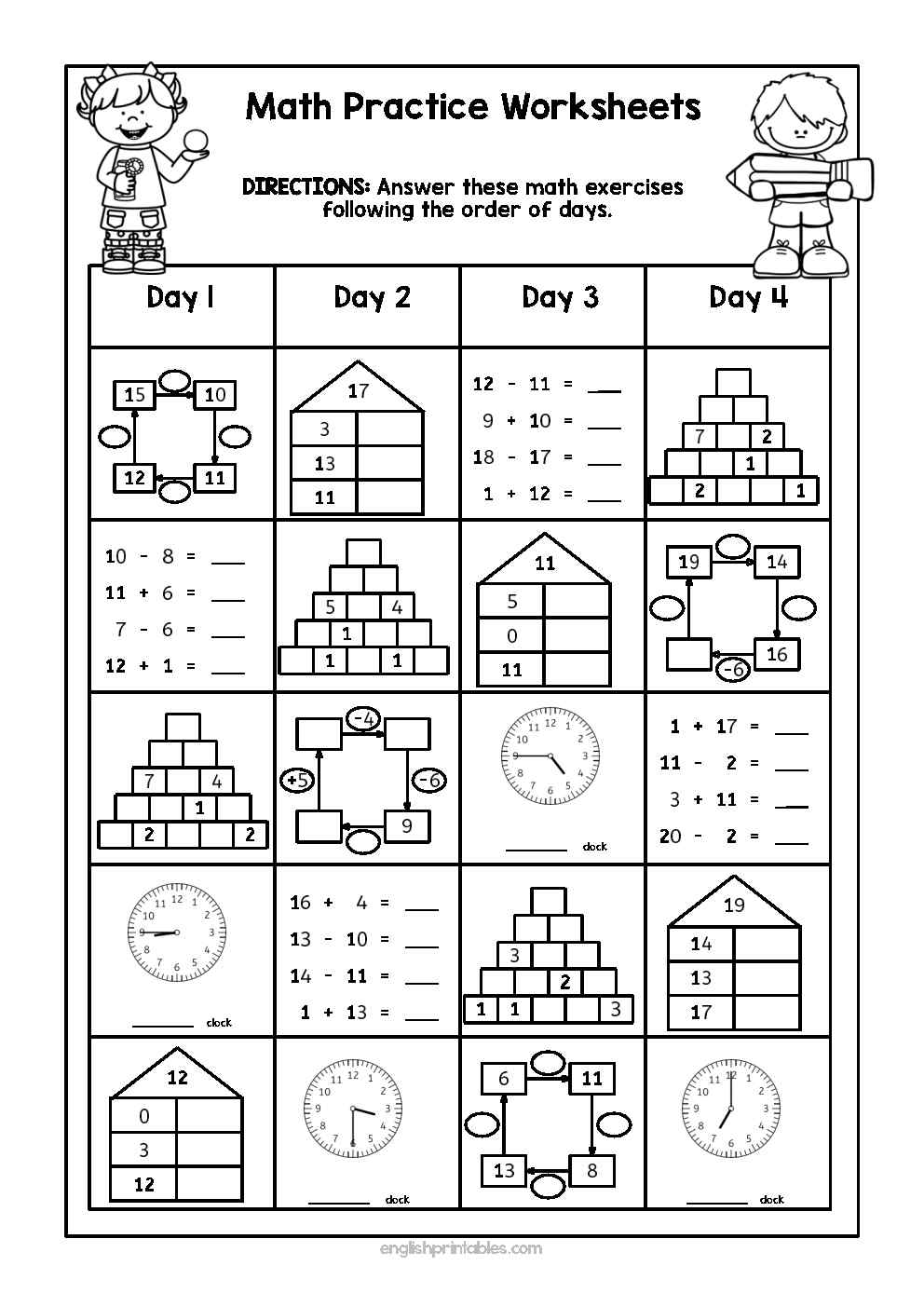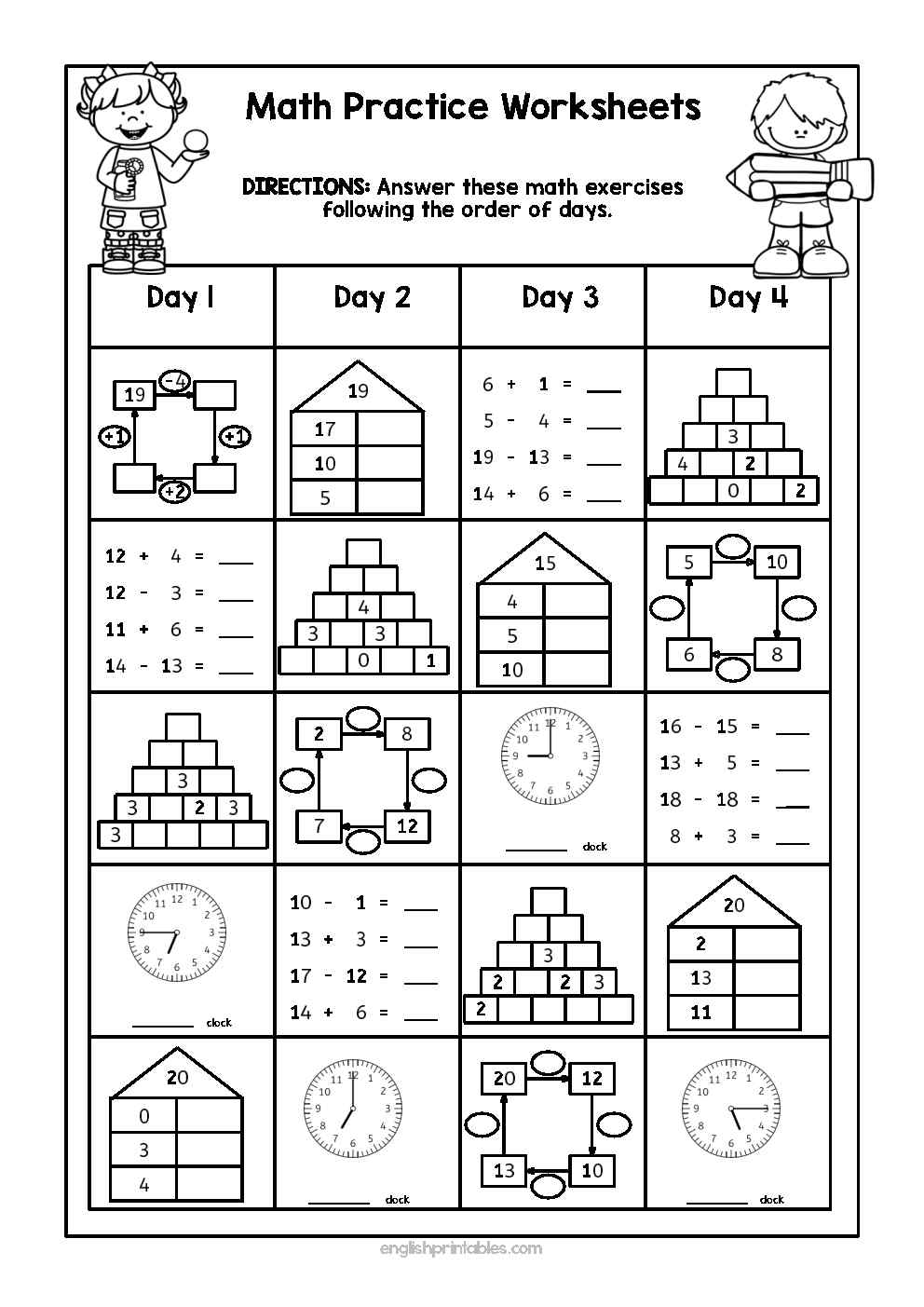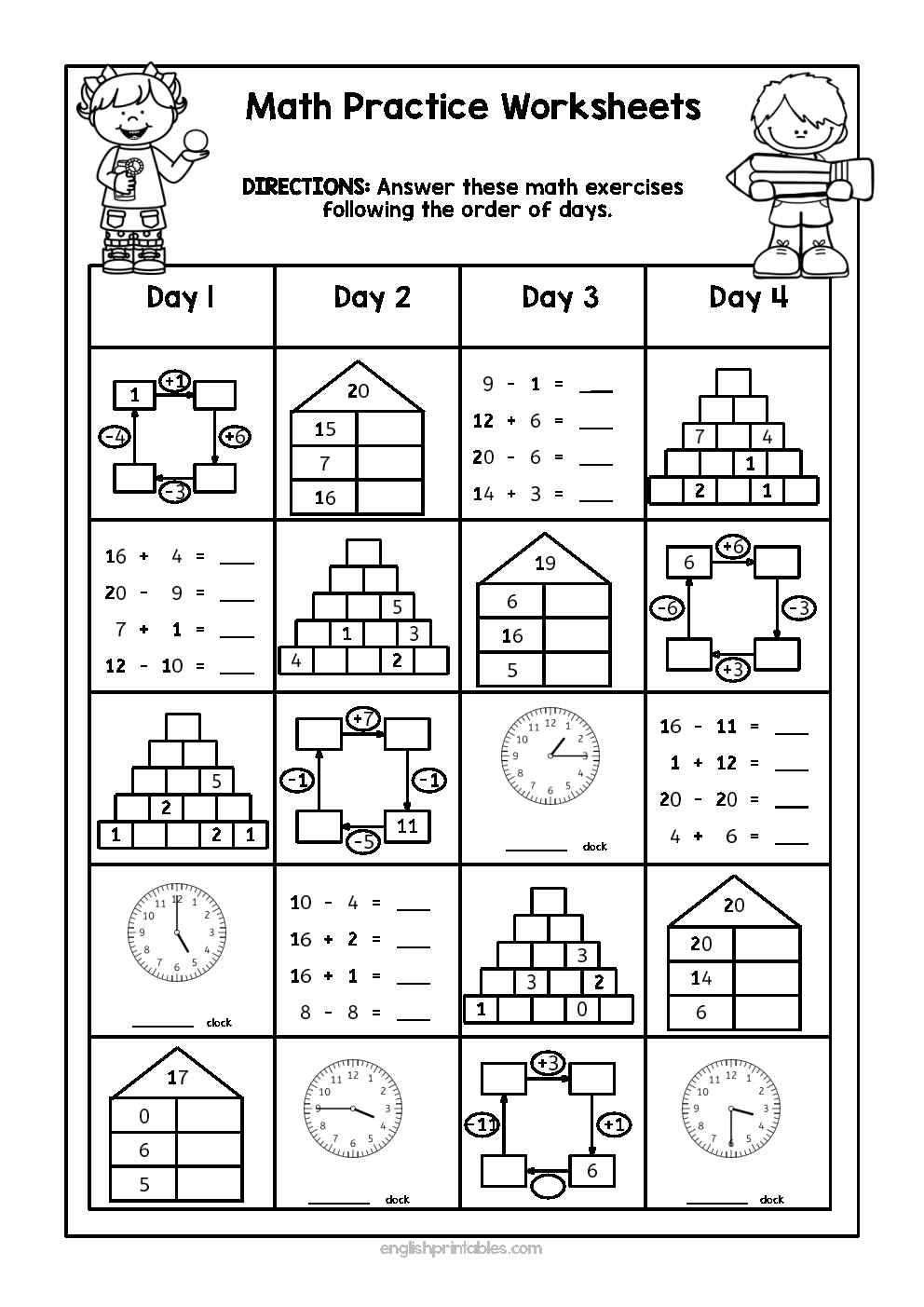
Summer is coming to an end – in more ways than one! Even when school is out, use these ten methods to keep your child’s math abilities strong.
Math is all around us, and some could even say it’s unavoidable. We’re not talking about those all-too-common addition and subtraction workbooks. Math may be found in the grocery store, in your cupcake recipe, and in baseball statistics. Summer is an excellent time to show how math is applied in the real world. Use these ideas to keep your child learning throughout the summer if you’re looking for something to do with them.
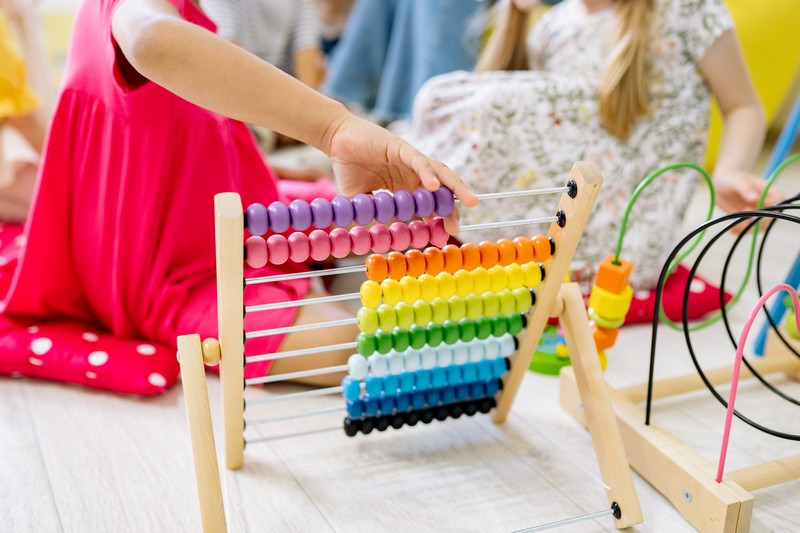
1- a Chilly One
A lemonade shop is a traditional summertime activity for youngsters, yet it requires math to keep it going. By mixing the lemonade and making change for clients, younger children can practice measuring and money counting. Older children can help establish the pricing by calculating the cost per serving and calculating a profit margin.
2- Spectator in Sports
Add a few math activities to your next baseball game with your child while you cheer on your favorite team.
Make your child the umpire, and have her keep track of the balls and strikes for each batter. She can also keep track of the number of outs in each inning and how many innings are left before the game is over. Inquire as to which inning marks the game’s halfway point and how many runs the losing team needs to catch up.
If one of the teams’ players is on the verge of breaking a home run record, have your child calculate how many more home runs he needs to meet and break the record.

3- Kitchen Laughter
If you have a sous chef on your hands, there’s no better location to convert cooking and baking into a math lesson than the kitchen. Assign jobs to your younger child, such as sorting ingredients or counting how many eggs you’ll need for a meal. Older children can practice number recognition and fractions by assisting with the preparation of the ingredients, setting the oven temperature (with adult supervision), and dividing the servings.
4- Increase the Number of People Who Are Interested.
Gardeners who are serious about their work are aware of basic math concepts, such as how far apart vegetable rows should be spaced and how deep a seed should be put. Ask your child to assist you the next time you’re planting seeds. He’ll be proud to show off the rewards of his labor when harvest season arrives. Gardening with your family is a wonderful way to spend time together, learn about nature, and eat healthily. The math portion is an added bonus.
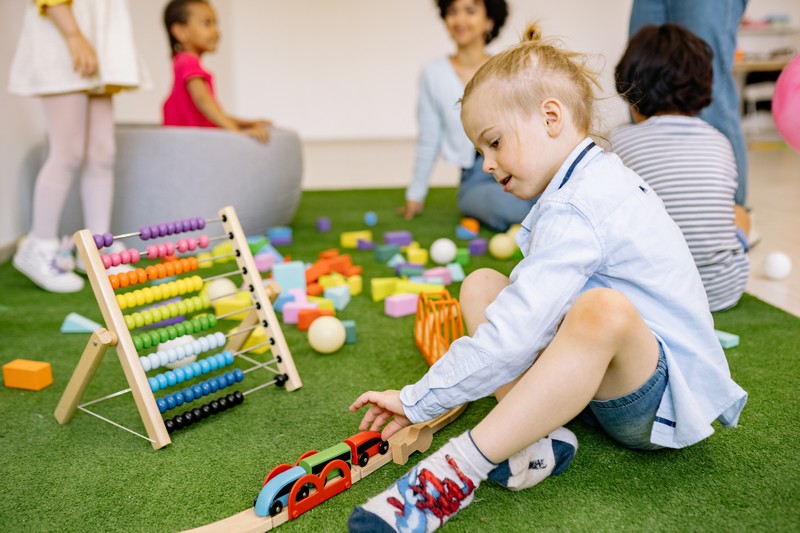
5- at The Mall.
At the mall there are plenty of math problems to solve, and many establishments have summer specials. Take your teen shopping the next time his favorite store has a discount. Inquire about the amount of money he will save on a certain discounted item. How much does a $25 item cost after a 20% discount?
You can mix and match different prices and discounts, combine many sale items, and have your adolescent put together an outfit on a budget. He might be shocked at how important percentages, fractions, and decimals are in one of his favorite hobbies.
6- Arithmetic on The Run
Turn the next time you take your toddler with you on errands into a learning experience. Calculating time and distance in the car might be a fun method for your child to pass the time. For example, how long does he believe it will take you to get to the grocery shop if it is three miles away? If you have numerous errands to run, have your youngster estimate how far one location is from the other and then time it to see how accurate his estimate is.
Another entertaining car game is to use license plate numbers to teach addition and subtraction. Request that your child add or subtract all of the numbers on the license plates you pass. You’ll be able to get your errands done as he learns math.
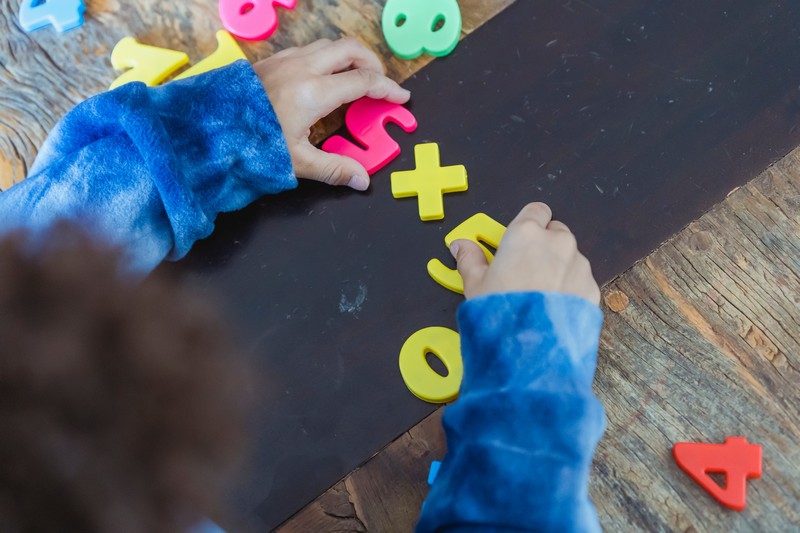
7- Sew Simple
Is sewing a hobby that you’d like to pass down to your children? Summer is a terrific time to introduce your child to this hobby, and math is a large part of it. Math is used in sewing, knitting, and crocheting to manufacture garments, quilts, and wall hangings: counting rows on a sock, adding yarn to make an item larger, multiplying to find out how many times a given color would fit across a motif. The options are limitless.
8- Eating Out
Summer days are busy, and you may not always have time to prepare dinner at home. Use the next time you go out to dine as a family as a math lesson. Request that your youngster figure out the tip, and then play a guessing game to determine how much the bill will be.

9- Countdown to a Great Time
Pool parties, Trips, picnics, and cookouts are all fun summer activities. Start a countdown if your youngster has a fun event coming up. The lesson is divided into two parts: It will help pass the time before the event and also strengthen her time-telling skills. For instance, if she has a friend’s birthday party in four days, inquire about the duration in days, hours, and minutes. For each of these, you can even start a countdown.
10- a Walk Through the Neighborhood
Look for varied forms and patterns in nature when walking around your neighborhood or in a nearby park. How far apart do the telephone poles in your neighborhood, for example, stand? Do they all have the same distance between them, or do they differ? Is there a recurring pattern? Trees, fire hydrants, and flowers in a garden can all be used in this lesson.
Ask your child to find a living creature that is a square, rectangle, or circle. He won’t realize you’re working on his geometric abilities because there’s so much to look and find.

About the Free Worksheets, You Are About to Download.
Your students will enjoy practicing Math skills with these free printable pages. There are many skills included. This resource was created for students who need to practice Math during the summer or review Math before going to another grade.
It includes 4 pages and Answers Keys for each page:
The pages are composed of 4 Days of Practice where students practice addition, subtraction, telling the time, and filling out tables or a chart.
This is great as a review for the end of the year or as a resource to send home for practice over the summer! Can be printed in a packet or used as warm-ups, center problems, math workshops, homework, or more …
